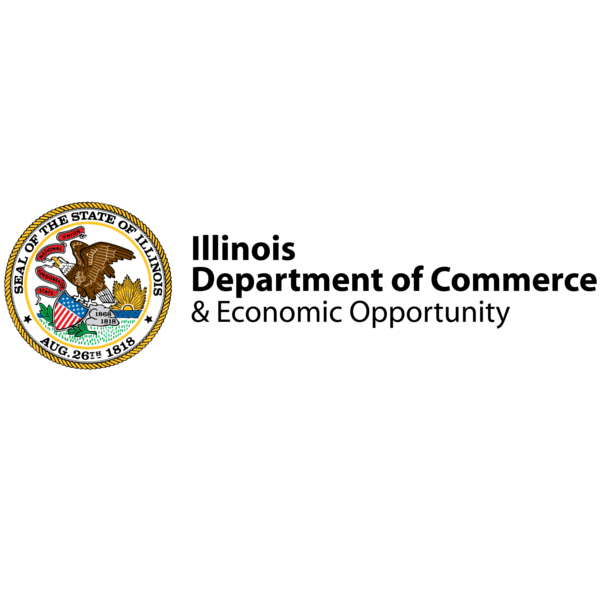
Illinois is rolling out a new work training program to prepare individuals who are being released from Illinois correctional facilities to work in new clean energy jobs.
In a Tuesday, Feb. 27 news release, Gov. J.B. Pritzker and the Illinois Department of Commerce and Economic Opportunity (DCEO) announced $6 million in funding. The grant is for the Illinois Returning Residents Clean Jobs Training Program. It’s part of a larger strategy to grow Illinois’ clean energy workforce through the Climate and Equitable Jobs Act (CEJA).
According to the state officials, the Returning Residents Program will deliver clean jobs training, education and support services in the Illinois Department of Corrections. Individuals, who will be within 36 months of their release, will be prepared for jobs in clean energy and related sector jobs. The program will work with clean energy employers to identify job and work-based learning opportunities and facilitate job placement.
Up to four grantees will receive funding to serve participants at four correctional facilities. There is one in the Quad Cities: the Kewanee Life Skills Re-Entry Center. It’s a juvenile detention facility in Henry County. Others are Decatur Correctional Center, Western Illinois Correctional Center, and Vienna Correctional Center.
Clean energy the future
“It is critical that as we build our clean energy future, all of our communities can access the training they need to secure jobs in growing industries,” Mr. Pritzker said. “Thanks to the Climate and Equitable Jobs Act, Illinoisians impacted by the justice system will not only be prepared for the good-paying jobs of tomorrow, but they will also help us create a cleaner, more sustainable state for all.”
The Returning Residents program will include essential employability skills and clean energy basics. It’s designed to help participants succeed in that growing industry. Upon completion, participants will go on to job-specific training curriculum. There they will receive solar PV training or HVAC training.
“The Returning Residents Program is exactly what we mean when we say we are shifting Illinois toward a more restorative justice system,” Lt. Gov. Juliana Stratton said. The program “has always been rooted in equity,” she said. “We’re imagining what reentry looks like while further diversifying the clean energy workforce.”
Post-correctional-release services will be provided in coordination with the Clean Jobs Workforce Network Program Hubs and the Climate Works Pre-Apprenticeship Centers. They include help with transportation, childcare, supplies and other expenditures as well as support for participants to gain and retain employment.
Returnees deserve chance
“Returning residents deserve the chance to make a positive, lasting impact on our state by participating in this CEJA program that will give them the opportunity to pursue successful careers in the clean energy jobs of the future,” DCEO Director Kristin Richards said.
Qualified entities can apply for grants with awards ranging from $1 million to $2 million. Those eligible include community-based organizations such as nonprofits, community colleges, and local governments. They provide employment skills, training, or related services. Organizations are encouraged to partner with each other to deliver training.
Applications will be accepted on a rolling basis until funds are exhausted. To apply for the grant, visit the DCEO website here
To help applicants in applying, DCEO will be holding a webinar at 1 p.m. on Friday, March 1, and a webinar at 1 p.m. on Friday, March 8. One-on-one technical assistance is also available for applicants. Interested parties are encouraged to reach out to [email protected] for application assistance.




